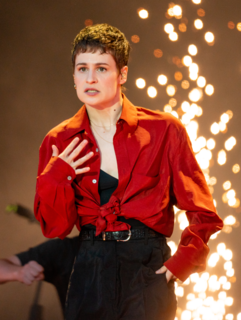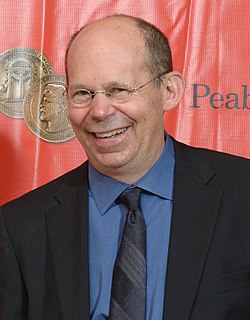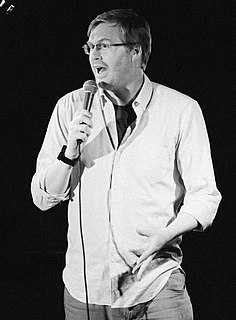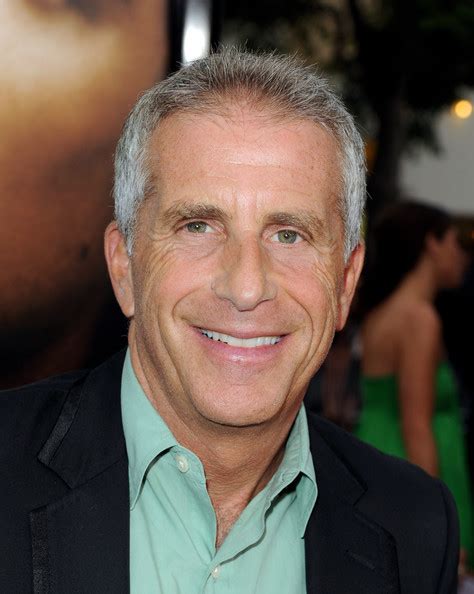A Quote by Gary Zukav
Unworthiness is the inmost frightening thought that you do not belong, no matter how much you want to belong, that you are an outsider and will always be an outsider. It is the idea that you are flawed and cannot be fixed. It is wanting to be loved and feeling unlovable, or wanting to love and feeling that you are not capable of loving.
Related Quotes
I tend to write about people. I look at things from the bottom up and from the perspective of outsiders. A part of me just identifies with them. It's my messed up internal nature that I always feel like an outsider. It's just my nature. At film festivals, I was an outsider for sure, but I always felt like one as well. I have that feeling at parties, too. I don't belong there.



































